Speaker Mike Johnson pledged legal challenges to attempts to substitute a candidate for Joe Biden on ballots wherever possible. In an interview on ABC’s “This Week,” Johnson said, “Every state has its own system, and in some of these, it’s not possible to simply just switch out a candidate.”
RADDATZ: But I want to turn to what is happening with President Biden. As of this morning, it does not look like he is going anywhere. But if he does step down, you said this week the Republicans are likely to bring legal challenges against any attempts to replace Biden on a Democratic ticket.
How would that work?
JOHNSON: Well, these elections are handled at the state level. Every state has its own system and in some of these, it’s not possible to simply just switch out a candidate who has been chosen through the democratic, small D, democratic process over such a long period of time. Fourteen million Democrats voted to make Joe Biden the nominee.
So, it would be wrong and I think unlawful in accordance to some of these state rules for a handful of people to go in the backroom and switch it out because they’re -- they don’t like the candidate any longer. That’s not how this is supposed to work.
So, I think they would run into some legal impediments in at least a few of these jurisdictions and I think they’ll be a compelling case to be made that that shouldn’t happen, and so I think they got legal trouble if that’s their -- if that’s their intention and that’s their plan. So, we’ll how it plays out. We don’t know.
I know the Democrats are in total disarray and I know the Republican Party is united like never before. So, we’re looking forward to November in this election cycle. It’s going to be an interesting time for the American people.
RADDATZ: One election law expert Rick Hasen said there’s no credence to that notion that since Biden isn’t the party nominee yet, but we’ll see how all that plays out.
I'm not an election law expert like Rick Hasen, but just because he thinks there isn't a problem doesn't mean there isn't one.
RELATED:
BREAKING: President Joe Biden Ends Reelection Bid, Will Remain As POTUS
As Joe Biden Quits Reelection Campaign, Questions Arise: Who Can It Be Now?
The Democrats would obviously like a smooth transition to a new, sentient candidate and an avalanche of hagiographic articles and op-eds in major media. The Republicans would like as much confusion and infighting as possible. From Johnson's statement, he seems to visualize a challenge based on primary results.
So, it would be wrong and I think unlawful in accordance to some of these state rules for a handful of people to go in the backroom and switch it out because they’re -- they don’t like the candidate any longer. That’s not how this is supposed to work.
So, I think they would run into some legal impediments in at least a few of these jurisdictions and I think they’ll be a compelling case to be made that that shouldn’t happen, and so I think they got legal trouble if that’s their -- if that’s their intention and that’s their plan. So, we’ll how it plays out. We don’t know.
Democrat Party rules say, "A party's presumptive nominee, meaning the candidate who receives an estimated majority of delegates after state nominating events, could be replaced at the convention. Delegates could elect a candidate who they were not initially bound to at the time of their state's election. Both state law and party rules govern how a delegate must vote at the national convention, including whether a delegate remains bound to a withdrawn candidate and for how many rounds a delegate remains bound to a candidate."
What this seems to mean is that the Democrats are stuck with an open convention, and any backroom sleight of hand to replace Biden without following Democrat Party rules will be litigated.
While the Republicans would love to have an election with Joe Biden still on the ballot in multiple states, playing legal hardball to make that happen is dangerous. Too hard a challenge will turn off middle-of-the-road voters who want us all to just get along, and too little of a challenge will demoralize Trump's base. The Trump-Vance campaign will have to walk a fine line between playing tough and being stupid.
Finally, who appears on the ballot is basically irrelevant. We vote for electors, not for president.
There is no Constitutional provision or Federal law that requires electors to vote according to the results of the popular vote in their States. Some States, however, require electors to cast their votes according to the popular vote. These pledges fall into two categories—electors bound by State law and those bound by pledges to political parties.
The U.S. Supreme Court has held that the Constitution does not require that electors be completely free to act as they choose and therefore, political parties may extract pledges from electors to vote for the parties' nominees. Some State laws provide that so-called "faithless electors" may be subject to fines or may be disqualified for casting an invalid vote and be replaced by a substitute elector. The Supreme Court decided (in 2020) that States can enact requirements on how electors vote. No elector has ever been prosecuted for failing to vote as pledged. However, several electors were disqualified and replaced, and others fined, in 2016 for failing to vote as pledged.
A Democrat elector will vote for the Democrat candidate when the Electoral College meets. It's really that simple.
So while giving the Democrats a taste of their own eve-of-the-election litigation is not an opportunity to pass on, we need to keep in mind that the election will not be won in whatever courtroom in which that is argued.
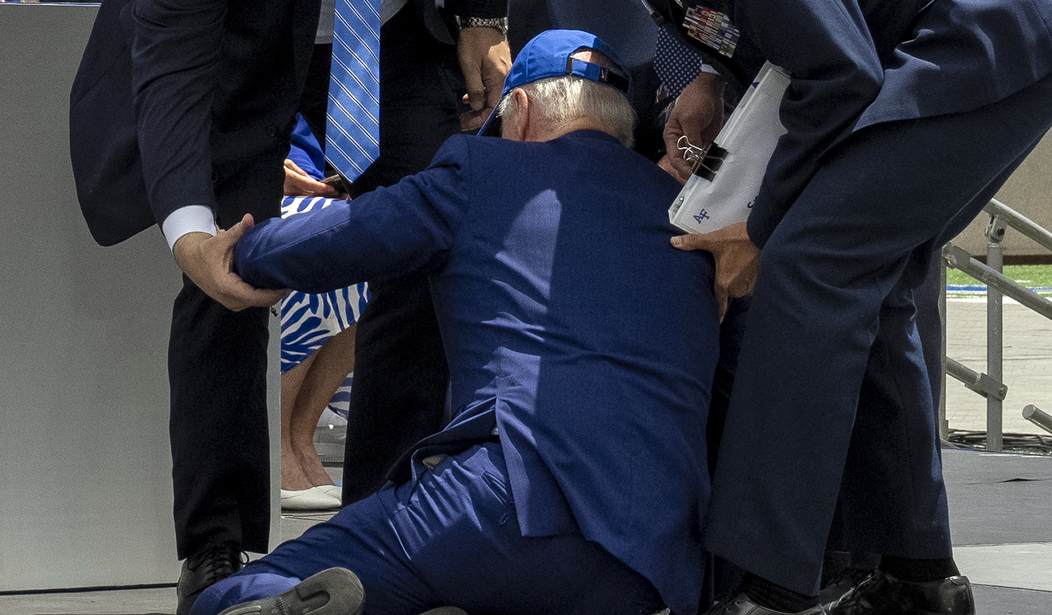
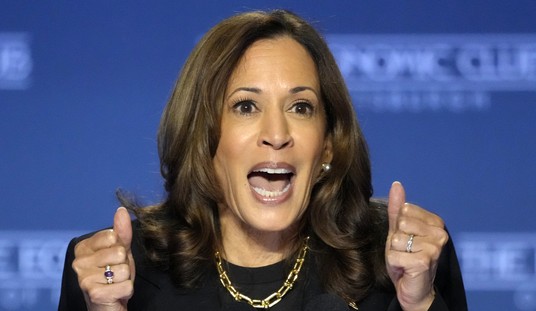

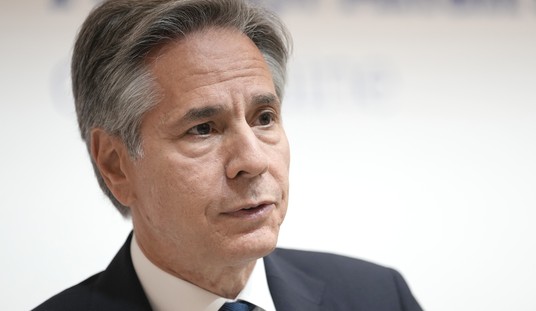
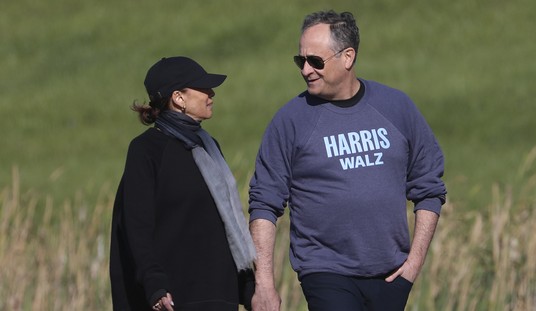
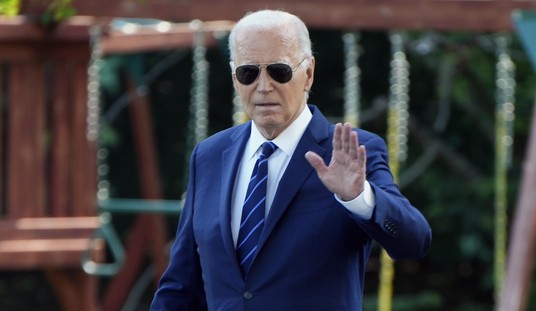

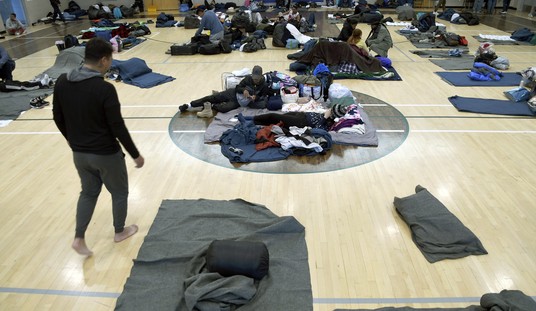
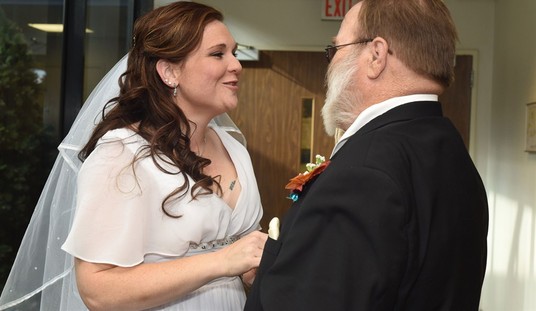


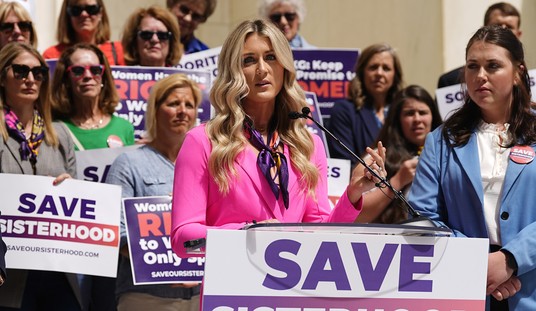
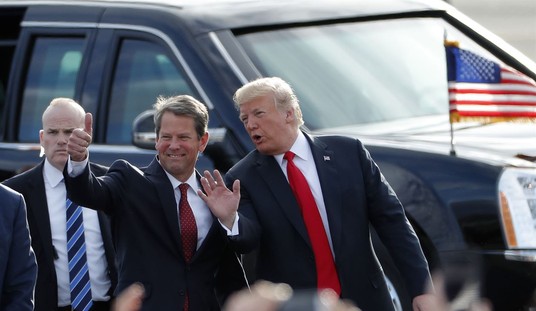
Join the conversation as a VIP Member